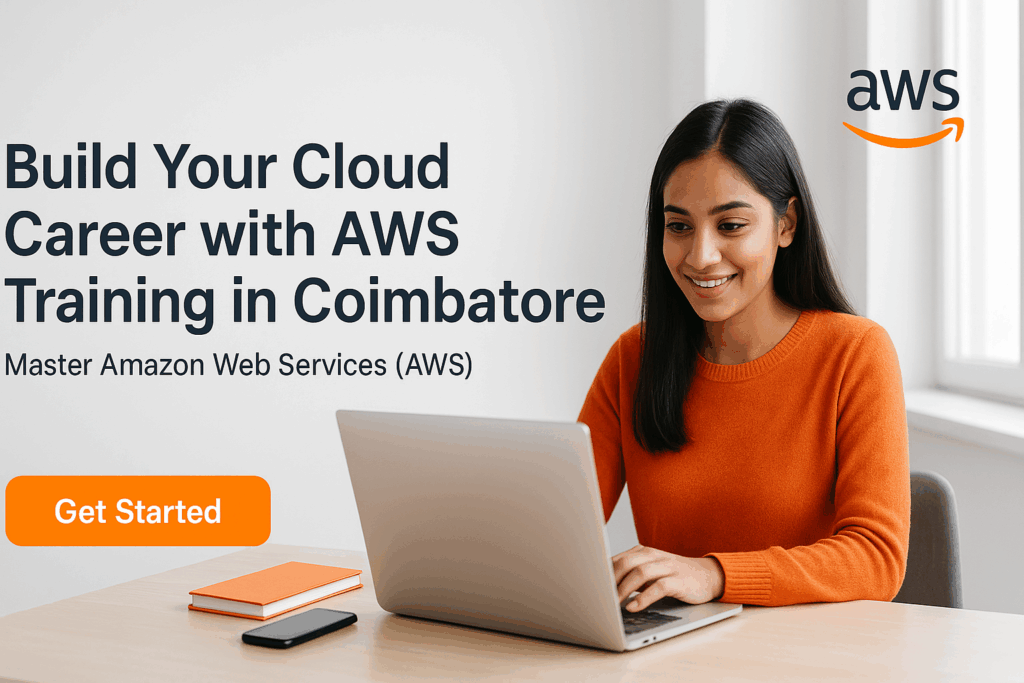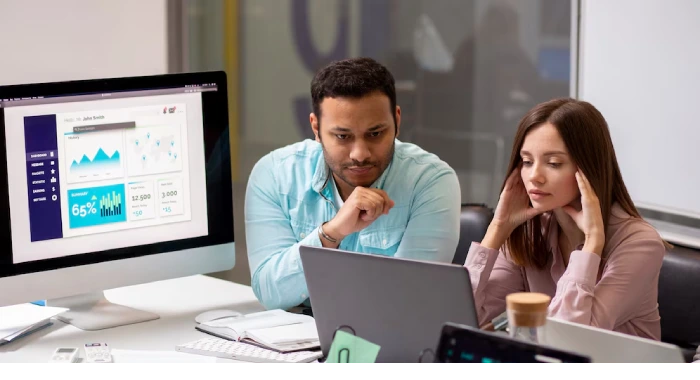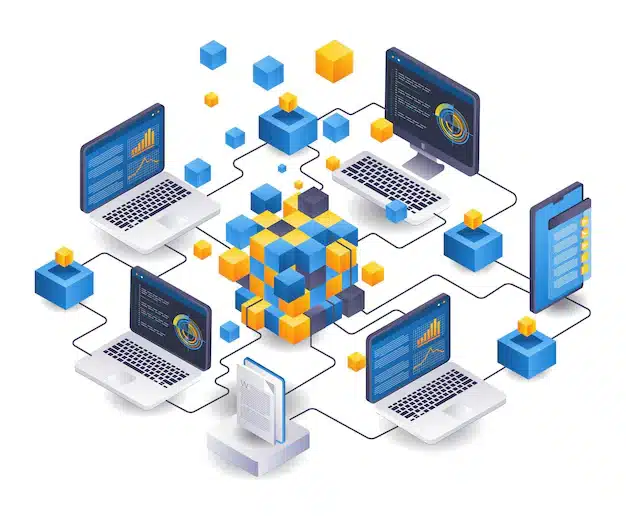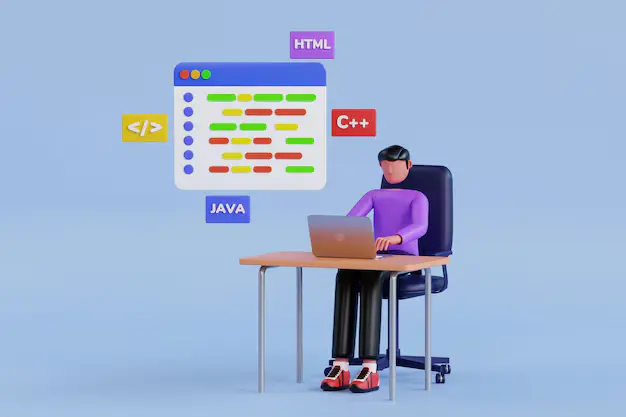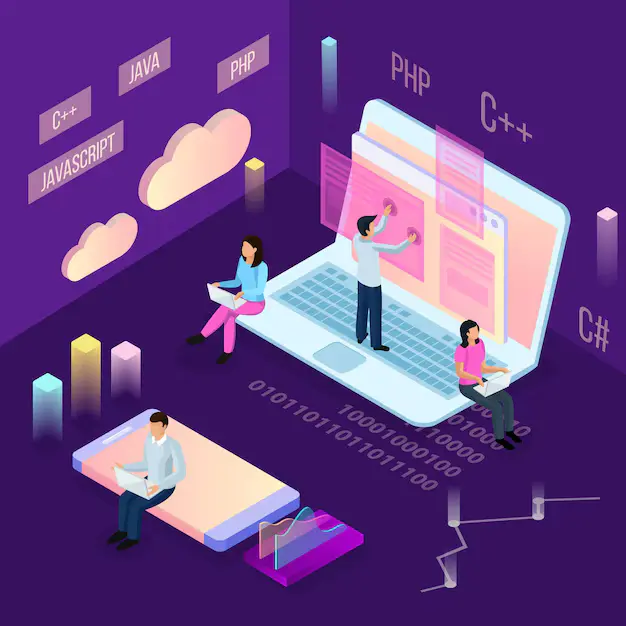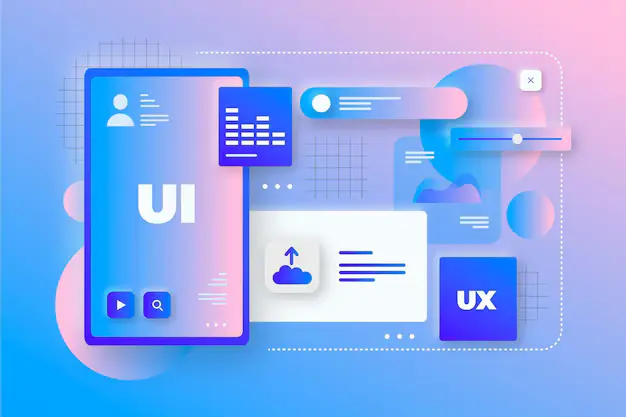Best Java Course in Coimbatore – Honest Review & Real Student Results (2025)
Introduction Are you a fresher, someone with a career gap, or considering a job switch into the IT sector? Your career might be significantly accelerated by selecting the Best Java course in Coimbatore. Meet Karthik, a 2021 BE Mechanical graduate, who faced the common struggle of finding IT opportunities without any coding experience. From feeling overwhelmed by online tutorials to navigating placement uncertainties, Karthik’s journey reflects the reality many aspirants face today. He joined Login360’s Java course in Coimbatore, which offered hands-on projects, mentorship, and placement guidance. Within three months, he successfully became a Java Full Stack Developer at Net Axis. In this honest review, we’ll explore Karthik’s experience, course structure, actionable insights, and tips to help you make a well-informed choice — all based on verified, real-world outcomes. Why Choose Java Training in Coimbatore in 2025?Karthik’s Journey – From Mechanical Graduate to Java DeveloperHow to Select the Right Java Course in CoimbatoreCommon Mistakes to AvoidReal Student Results & InsightsFAQ SectionConclusion Why Choose Java Training in Coimbatore in 2025? The key point is that Java remains a top choice for backend development, enterprise software, and fintech solutions. Research from NASSCOM 2025 shows a 15% annual increase in demand for Java developers in India. Local industry exposure: Being in Coimbatore allowed Karthik to attend in-person sessions and network with companies like Net Axis. Local exposure accelerated his learning and placement opportunities. Affordable and flexible courses: Local institutes offer practical training without heavy fees. Karthik benefited from Login360’s structured yet budget-friendly plan. Full-stack readiness: The Java full stack course in Coimbatore covered Core Java, Spring Boot, Hibernate, SQL, and REST APIs — essential for real-world projects. Karthik’s Journey – From Mechanical Graduate to Java Developer The answer is structured training plus mentorship can bridge skill gaps. Karthik’s path demonstrates this clearly. Initial challenges: After graduating in 2021, Karthik lacked IT exposure. He struggled with basic coding and felt overwhelmed by online tutorials. Hands-on learning at Login360: The course offered 80+ hours of live sessions, real projects, and mock interviews. Karthik shared, “I tested each concept through hands-on projects, which rapidly built my confidence.” Placement success: Within three months, Karthik secured a Java Stack Developer role at Net Axis. Small batch sizes, personal mentorship, and industry-aligned projects were key to his success. Statistics Box:• Placement success rate: 92% (Login360 internal data, 2025)• Students trained in Coimbatore: 500+ in 2025• Average time to placement: 2–3 months How to Select the Right Java Course in Coimbatore Not all courses provide guaranteed results. Consider these factors: Evaluate course content: Ensure curriculum includes Core Java, Full Stack frameworks, SQL, APIs, and hands-on projects. Trainer expertise matters: Trainers with 5–10 years of industry experience significantly improve learning outcomes. Placement & alumni verification: Always ask for verified placement statistics. Karthik’s placement at Net Axis was supported by mentoring and alumni networks. Flexibility and support: Batches should be small with flexible schedules, doubt-clearing sessions, and lifetime material access. Common Mistakes to Avoid Choosing courses solely based on price Ignoring hands-on project experience Overlooking trainer credentials Believing 100% placement without verification Skipping interview preparation modules Tools/Resources Mentioned: Eclipse/IntelliJ IDE – coding essentials Git & GitHub – version control Postman – API testing MySQL / SQL Server – database practice Spring Boot framework – backend development Real Student Results & Insights Karthik’s experience confirms that structured, hands-on learning delivers measurable outcomes. Measurable achievements:• Scored 85% in practical assessments• Built 3 live projects including a mini e-commerce app• Secured placement at Net Axis as a Java Full Stack Developer What worked best: Project-based learning, personalized mentorship, and mock interviews with soft skill sessions. Transparency & trust: Always verify placement data. Institutes providing evidence-backed statistics build trust and credibility. FAQ Section Q1: How long is a Java course in Coimbatore?Typically 2–6 months depending on batch type, depth, and projects. Q2: Can freshers get placed after this course?Yes — students like Karthik were placed within 2–3 months with hands-on learning and mentorship. Q3: What is the average salary for Java full stack roles in Coimbatore?Entry-level salaries typically range from ₹3–4.5 LPA. Q4: Is prior coding experience required?No — the course guides students from basics to full stack readiness. Q5: Which institutes provide verified placement support?Login360 offers transparent placement statistics and success stories like Karthik’s. Conclusion Key Takeaways: Profile alignment: Pick a course that fits your background — fresher, gap year, or career switcher. Hands-on learning: Real projects and capstone work are essential. Verified outcomes: Check alumni success stories and placement support. Mentorship matters: Experienced trainers accelerate learning and confidence. Local advantage: A Java Course in Coimbatore offers direct industry access. Karthik’s journey proves that with dedication, structured learning, and guidance, anyone can make their transition successfully into IT. If you are ready to start your career, explore Login360’s Java course in Coimbatore and take the first step toward your IT success story today! Enroll now, attend a demo, and transform your career like Karthik.
Best Java Course in Coimbatore – Honest Review & Real Student Results (2025) Read More »



